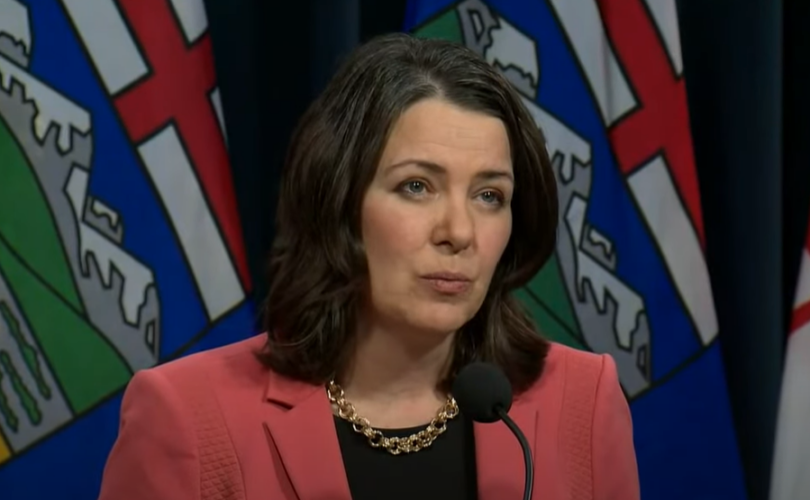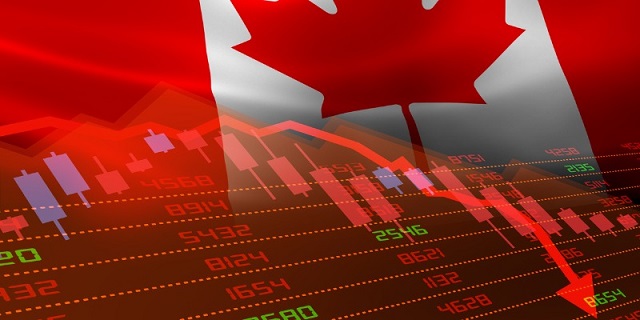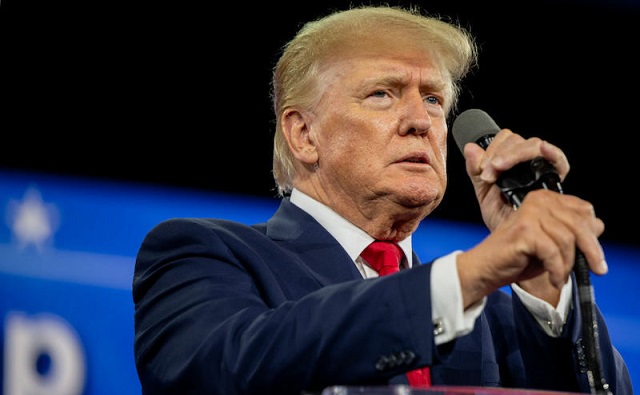Opinion
Feds facing the consequences of the costly carbon tax

From the Canadian Taxpayers Federation
Author: Gage Haubrich
Ottawa unveiled an unorthodox carbon tax communications strategy in Saskatchewan: threats.
Saskatchewan minister responsible for SaskEnergy, Dustin Duncan, recently announced that the Saskatchewan government will not be sending the federal government money to cover its refusal to charge Saskatchewanians the carbon tax on home heating.
In October, Saskatchewan announced that it would stop collecting the federal carbon tax on home heating in the province. The provincial government estimates this will save the average family who uses natural gas to heat their home $400 this year. That’s enough to pay for a couple trips to the grocery store, and with the current prices at the store, families need all the relief they can get.
In response, federal Minister of Energy and Natural Resources Jonathan Wilkinson shot back at Saskatchewan, announcing that because of this decision, Saskatchewanians will no longer be receiving the federal government’s carbon tax rebate.
Premier Scott Moe then pointed out the absurdity of the feds by highlighting that Saskatchewanians are still paying the carbon tax on gas, diesel and propane.
This whole mess started because Prime Minister Justin Trudeau backpedalled on his carbon tax and decided take it off heating oil. It’s a fuel primarily used in Atlantic Canada and used by almost zero Saskatchewanians.
Despite the exemption in Atlantic Canada being very similar to Premier Scott Moe’s plan in Saskatchewan, Atlantic Canadians are still on track to receive carbon tax rebates. And Quebec, which pays a lower carbon tax than the rest of the country, hasn’t faced the wrath of the federal government either.
Ottawa instead decided to pick a fight with Saskatchewan. It’s fight that won’t win them any favours in the province. At this point, it’s a good bet the Winnipeg Blue Bombers are more popular in Saskatchewan than the Liberals.
But not do outdo even himself, Wilkinson also added, “The rebate actually provides more money for most families in Saskatchewan.”
If only that were true.
Currently, the carbon tax costs 14 cents per litre of gasoline and will cost the average Saskatchewan family $410 this year, according to the Parliamentary Budget Officer.
Oh, and that’s including the rebates that Wilkinson is currently threatening to withhold.
Along with the carbon tax, Ottawa also charges a 10 cents per litre federal tax gas tax and then GST on top of the whole price of the gas, including the carbon tax. That means you are paying about two cents per litre in tax-on-tax in GST every time you fill up your vehicle.
And it’s going to get worse because the federal government plans to keep hiking up the carbon tax.
Come April 1, the carbon tax cost jumps to 17 cents per litre. By 2030, it will be 37 cents per litre and cost the average Saskatchewan household $1,723 per year.
And since almost everything we buy is delivered by a truck and then stored inside a store, the costs to transport and sell those items also goes up with the carbon tax.
After the announcement of the carbon tax heating oil exemption, five premiers, including Moe, wrote to Trudeau demanding that he take the carbon tax off all forms of home heating. It’s good to see premiers across the country take a stand, but Moe is the only one taking real action.
Instead of resorting to threats, maybe Ottawa should take the hint and scrap the carbon tax.
Fraser Institute
Policymakers in Ottawa and Edmonton maintain broken health-care system

From the Fraser Institute
What’s preventing these reforms? In a word, Ottawa.
To say Albertans, and indeed all Canadians, are getting poor value for their health-care dollars is a gross understatement. In reality, Canada remains among the highest spenders on health care in the developed world, in exchange for one of the least accessible universal health-care systems. And while Canadians are increasingly open to meaningful reform, policymakers largely cling to their stale approach of more money, platitudes and little actual change.
In 2021 (the latest year of available data), among high-income universal health-care countries, Canada spent the highest share of its economy on health care (after adjusting for age differences between countries). For that world-class level of spending, Canada ranked 28th in the availability of physicians, 23rd in hospital beds, 25th in MRI scanners and 26th in CT scanners. And we ranked dead last on wait times for specialist care and non-emergency surgeries.
This abysmal performance has been consistent since at least the early 2000s with Canada regularly posting top-ranked spending alongside bottom-ranked performance in access to health-care.
On a provincial basis, Albertans are no better off. Alberta’s health-care system ranks as one of the most expensive in Canada on a per-person basis (after adjusting for population age and sex) while wait times in Alberta were 21 per cent longer than the national average in 2023.
And what are governments doing about our failing health-care system? Not much it seems, other than yet another multi-billion-dollar federal spending commitment (from the Trudeau government) and some bureaucratic shuffling (by the Smith government) paired with grandiose statements of how this will finally solve the health-care crisis.
But people aren’t buying it anymore. Canadians increasingly understand that more money for an already expensive and failing system is not the answer, and are increasingly open to reforms based on higher-performing universal health-care countries where the public system relies more on private firms and entrepreneurs to deliver publicly-funded services. Indeed, according to one recent poll, more than six in 10 Canadians agree that Canada should emulate other countries that allow private management of public hospitals, and more than half of those polled would like increased access to care provided by entrepreneurs.
What’s preventing these reforms?
In a word, Ottawa. The large and expanding federal cash transfers so often applauded by premiers actually prevent provinces from innovating and experimenting with more successful health-care policies. Why? Because to receive federal transfers, provinces must abide by the terms and conditions of the Canada Health Act (CHA), which prescribes often vaguely defined federal preferences for health policy and explicitly disallows certain reforms such as cost-sharing (where patients pay fees for some services, with protections for low-income people).
That threat of financial penalty discourages the provinces from following the examples of countries that provide more timely universal access to quality care such as Germany, Switzerland, Australia and the Netherlands. These countries follow the same blueprint, which includes patient cost-sharing for physician and hospital services (again, with protections for vulnerable populations including low-income individuals), private competition in the delivery of universally accessible services with money following patients to hospitals and surgical clinics, and allowing private purchases of care. Yet if Alberta adopted this blueprint, which has served patients in these other countries so well, it would risk losing billions in health-care transfers from Ottawa.
Finally, provinces have seemingly forgot the lesson from Saskatchewan’s surgical initiative, which ran between 2010 and 2014. That initiative, which included contracting out publicly financed surgeries to private clinics, reduced wait lists in Saskatchewan from among the highest in the country to among the shortest. And when the initiative ended, wait times began to grow again.
The simple reality of health care in every province including Alberta is that the government system is failing despite a world-class price tag. The solutions to this problem are known and increasingly desired by Canadians. Ottawa just needs to get out of the way and allow the provinces to genuinely reform the way we finance and deliver universal health care.
Author:
Censorship Industrial Complex
Biden Agencies Have Resumed Censorship Collaboration With Big Tech, Dem Senate Intel Chair Says
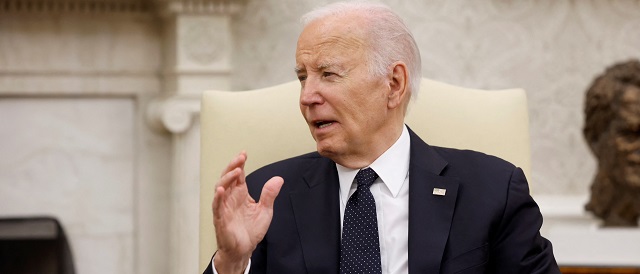
 From the Daily Caller News Foundation
From the Daily Caller News Foundation
By JASON COHEN
Agencies in President Joe Biden’s administration have resumed their perceived disinformation censorship collaboration with social media companies, Senate Intelligence Committee Chairman Mark Warner told reporters at a recent security conference, Nextgov/FCW reported.
The administration stopped “misinformation” censorship collaboration with social media platforms after a July Missouri v. Biden ruling to prevent federal agencies from coordinating with social media companies, but recently restarted this work, Warner # reporters, according to Nextgov. He said the cooperation resumed as the Supreme Court heard oral arguments in the case, now called Murthy v. Missouri, in March, where multiple justices indicated they supported the Biden administration’s viewpoint that it has the right to work with platforms to combat what it believes is harmful content.
Democrat Senator Mark Warner says there’s a “voluntary agreement about disinformation and misinformation in elections” between “all 20 of the major social media companies” pic.twitter.com/YmIyAuJBrw
— RNC Research (@RNCResearch) April 21, 2024
“There seemed to be a lot of sympathy that the government ought to have at least voluntary communications with [the companies],” Warner said, according to Nextgoc. He also reportedly called on the Biden administration to take strong action against any foreign countries that try to interfere in the 2024 election.
The agencies include the Department of Homeland Security’s Cybersecurity and Infrastructure Security Agency (CISA) and the Federal Bureau of Investigation (FBI), according to NextGov.
“If the bad guy started to launch AI-driven tools that would threaten election officials in key communities, that clearly falls into the foreign interference category,” he added.
A district court judge issued an injunction in July preventing certain officials in agencies from the Department of Health and Human Services (HHS) to the FBI from communicating with social media platforms to censor speech, characterizing the government conduct exposed by the plaintiffs in the case as arguably “the most massive attack against free speech in United States’ history.”
Justices Sonia Sotomayor, Elena Kagan and Ketanji Brown Jackson, expressed concern during March oral arguments about restricting the government’s ability to persuade companies to take action when necessary, such as when terrorists disseminate speech on a platform.
The justices also questioned whether the plaintiffs could prove their platforms censored their speech as a direct result of the government.
Facebook executives believed they were engaged in a “knife fight” with Biden’s White House on COVID-19 censorship, according to a recent House Judiciary Committee report. Biden accused the platform of “killing people” in July 2021 for not censoring so-called COVID-19 misinformation, and unearthed WhatsApp messages between Facebook executives revealed that they were unhappy about the president’s remarks.
Warner, the White House and the FBI did not immediately respond to the Daily Caller News Foundation’s request for comment. CISA declined to comment, but notified the DCNF about an Election Security hearing in the coming weeks with the agency’s Director, Jen Easterly.
-
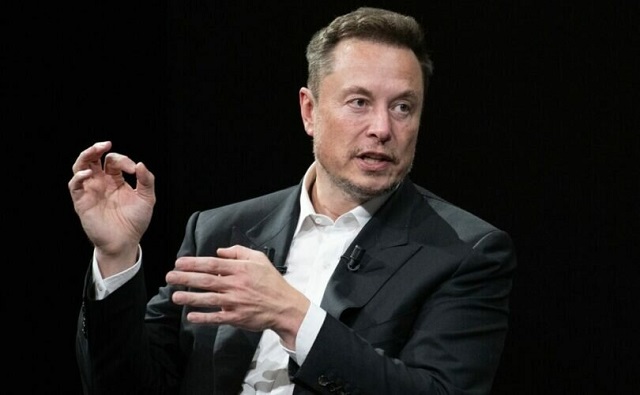
 COVID-1924 hours ago
COVID-1924 hours agoElon Musk’s X will help fund COVID shot critic’s ongoing legal battle against Canadian university
-

 Opinion2 days ago
Opinion2 days agoBoy Scouts of America changes name to ‘Scouting America’ to be ‘more inclusive’
-
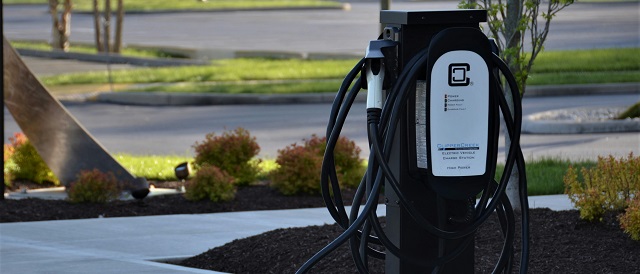
 Automotive1 day ago
Automotive1 day agoNew Analysis Shows Just How Bad Electric Trucks Are For Business
-

 Alberta Sports Hall of Fame and Museum1 day ago
Alberta Sports Hall of Fame and Museum1 day agoTHE HALFTIME REPORT News from the Alberta Sports Hall of Fame
-
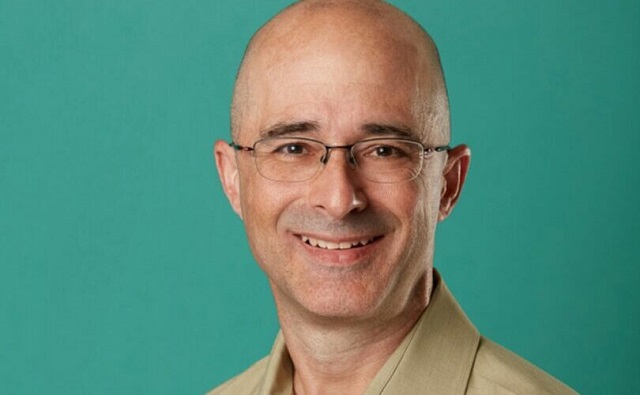
 COVID-191 day ago
COVID-191 day agoQuebec microbiology professor fired for his public opposition to COVID shots
-
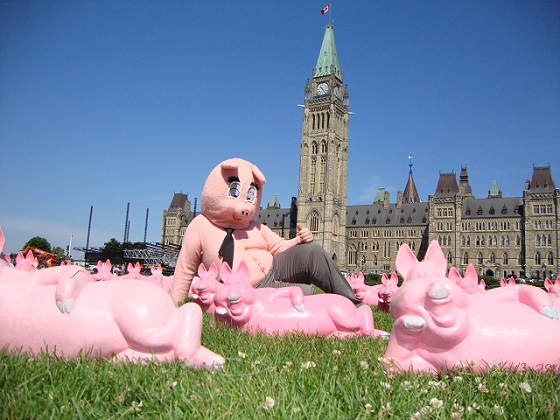
 National1 day ago
National1 day agoTaxpayers Federation presents Teddy Waste Awards for worst government waste
-

 Censorship Industrial Complex1 day ago
Censorship Industrial Complex1 day agoBiden Agencies Have Resumed Censorship Collaboration With Big Tech, Dem Senate Intel Chair Says
-

 COVID-1918 hours ago
COVID-1918 hours agoAstraZeneca withdraws COVID vaccines worldwide amid lawsuits alleging severe harm


